Here is a list of six top issues that affect Blacks in America. Use this list to hold the next President and candidates for office accountable.
The issues are constantly being framed for us by the media. And we buy what they are selling to us. Recent Pew research lists these top election issues:
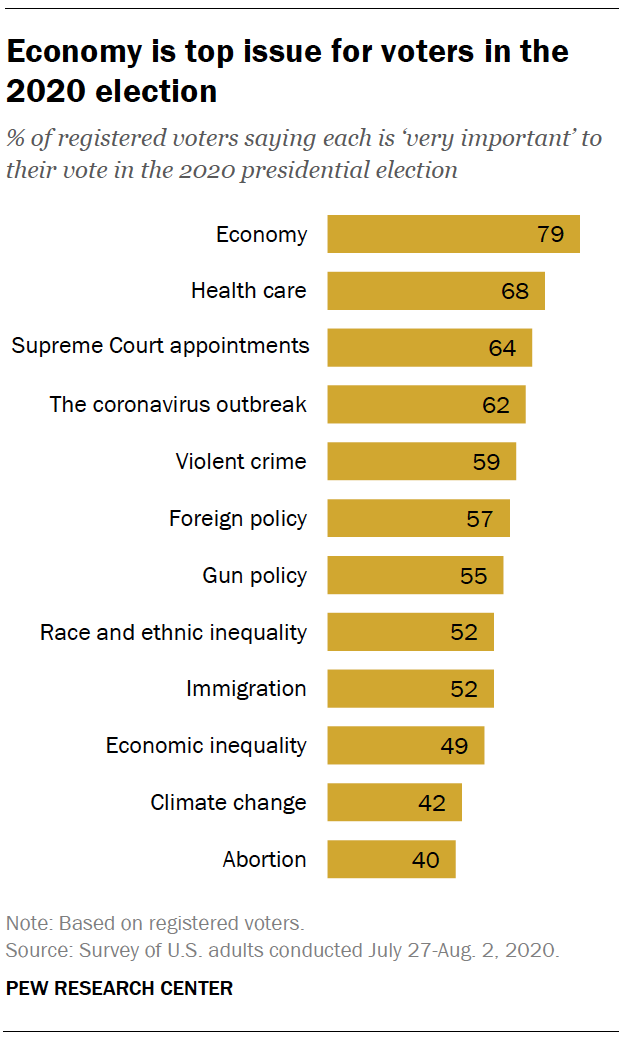
Framing is very important. In the Pew research shown above, a deliberate choice was made by experts to frame economic issues broadly in this research using the term the “Economy.” This extremely broad framing completely avoids measuring voters support for specific policies that might address voters specific needs like extending paycheck assistance, or stopping evictions and foreclosures for example.
There are 42 million non-Hispanic blacks, making up 13% of the total U.S. population according to the 2010 United States Census. Blacks have disproportionately suffered economic devastation due to the coronavirus pandemic. For Blacks, asking about the economy generally will deliver generally negative feedback. But since Blacks make up just 13% of the U.S. population, asking for feedback from all Americans on a broad and generalized topic titled the economy will effectively 1) hide the specific opinions of Blacks, and 2) fail to capture the opinions of Americans generally on smaller specific issues affecting Blacks and the economy. For example if you survey ten people on a topic, and just one is Black, then the opinion of that single Black person will not be visible in the results of that survey. On the other hand, if you survey the same ten people asking if they support increasing paycheck protection payments specifically, then the results of that survey will capture their opinions on that topic.
We are all busy, and its simply hard to check the framing of every issue we are presented with. What we can do is listen and see if any candidates directly address the issues we feel are important.
The Top Election Issues For Blacks
Here is our list of issues that seriously impact the lives of Blacks in America right now:
- Paycheck Assistance
- Eviction & Foreclosure Relief
- Utilities & Essential Services Relief & Assistance
- Food Assistance
- Healthcare
- Debt Forgiveness
Here’s the breakdown:
Paycheck Assistance
What Black Americans need is unconditional federal relief in the form of consistent subsidized income until there is a clearly sustainable restoration of employment to those who were employed prior to the pandemic.
There were 1.3 million claims for unemployment compensation last week, and 83 million claims have been filed since mid-March. Many of these claims have been filed in response to jobs lost largely because of the coronavirus (COVID-19) pandemic. Additionally, over the past 25 weeks, 20 million claims have been submitted for Pandemic Unemployment Assistance. These are claims filed in addition to claims for regular unemployment insurance. Pandemic Unemployment Assistance provides up to 39 weeks of unemployment benefits to individuals not typically covered by the unemployment insurance program, including those who are self-employed or independent contractors.
Unemployment numbers for Black and white Americans rose drastically when the coronavirus hit in March. While unemployment numbers dropped for both groups in July, the unemployment rate gap between Black and White Americans grew. The Black population in missouri is 699,730, or 11.5% of the total population of missouri. The White population in missouri is 4,850,569 (80%). About 42,200, or 6% of African Americans in Missouri, filed for unemployment in July. Compare that to about 114,000, or 2.3% of white Missourians who filed for unemployment in July, and the 20,000 white Missourians who had been out of work in June who found found jobs in July. A recent study by the University of Chicago found that 13% of Black people out of work between April and June received unemployment checks, compared to 24% of white workers.
The bottom line is that any recovery thus far is disproportionately and almost entirely benefitting only whites. It is a clear and simple reality that people who lost their jobs and income by no fault of their own need subsidized income until they can be restored to jobs that offer similar pay.
Eviction & Foreclosure Relief
Blacks urgently need all evictions to be stopped across the nation. Landlords need foreclosures to be stopped as well. And these measures must be maintained until there is clear evidence of restored employment that was lost due to the Covid 19 pandemic.
People of color, particularly Black and Latinx people, constitute approximately 80% of people facing eviction. After controlling for education, one study determined that Black households are more than twice as likely as white households to be evicted. In a study of Milwaukee, women from Black neighborhoods made up only 9.6% of the city’s population but accounted for 30% of evicted tenants. In Boston, 70% of market-rate evictions filed were in communities of color, areas that make up approximately half of the city’s rental market. Researchers from UC Berkeley and the University of Washington found the number of evictions for Black households in Baltimore exceeded those for white households by nearly 200%, with the Black renter eviction rate outpacing the white renter eviction rate by 13%. In New York City, a sample of housing court cases indicated that an astounding 70% of households in housing court are headed by a woman of color, usually Black and/or Hispanic. In Virginia, 60% of Black neighborhoods have an annual eviction rate higher than 10% of households, around four times the national average, even when controlling for poverty and income rates. In Cleveland, the top ten land tracts for eviction filings from 2016-2018 were all majority Black tracts; just six had poverty rates below 10%.
Utilities & Essential Services Relief & Assistance
In addition to remaining in their homes Blacks must also be assured essential services will not be cut-off. Federal assistance needs to be provided that ensures water, electricity, and heat are provided at no cost throughout the Covid 19 pandemic.
Food Assistance
Blacks and Black households need federal assistance that enables them to access and purchase healthy foods throughout the Covid 19 pandemic.
Healthcare
Blacks and Black family members need federal assistance to provide access to holistic healthcare at no cost throughout the Covid 19 pandemic.
Debt Relief & Forgiveness
Blacks need federal assistance to provide debt relief and forgiveness (at no cost) throughout the Covid 19 pandemic.

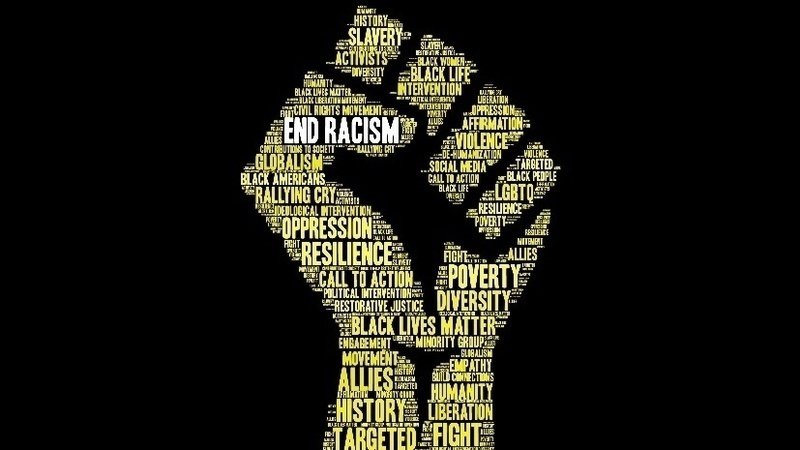

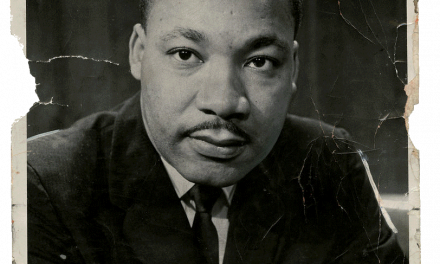
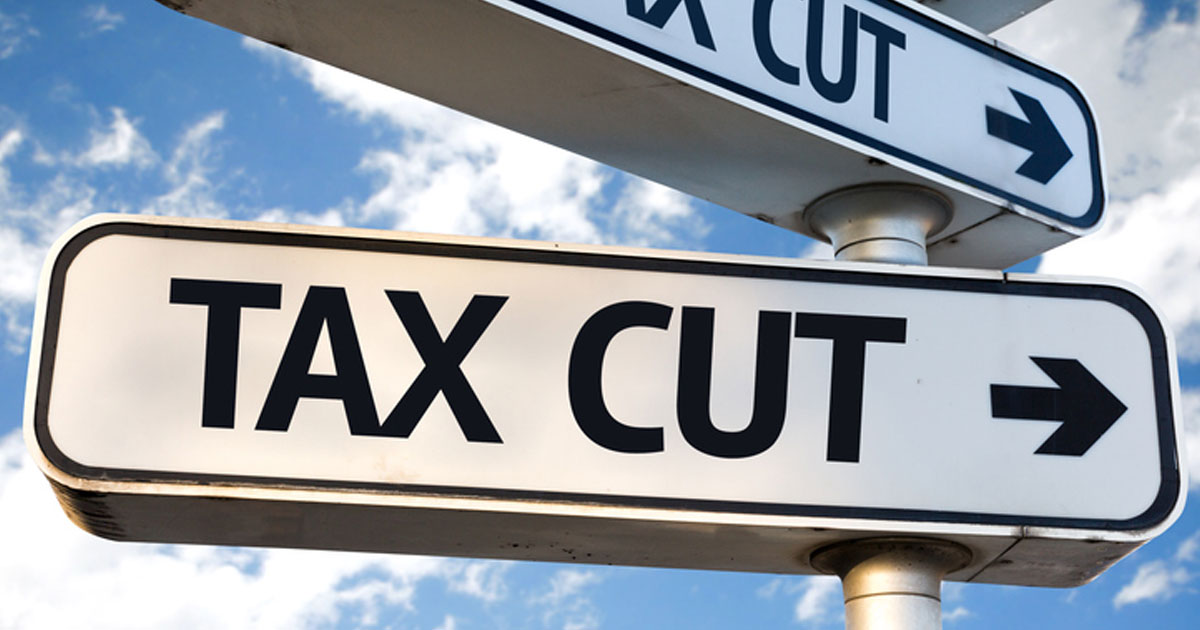
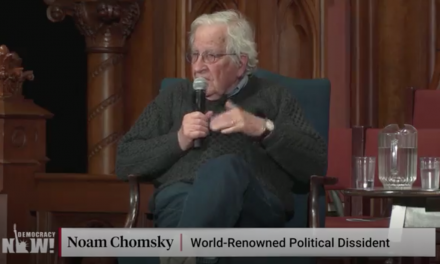
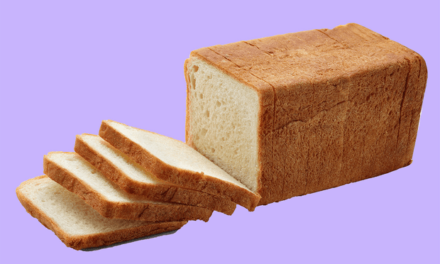

Recent Comments